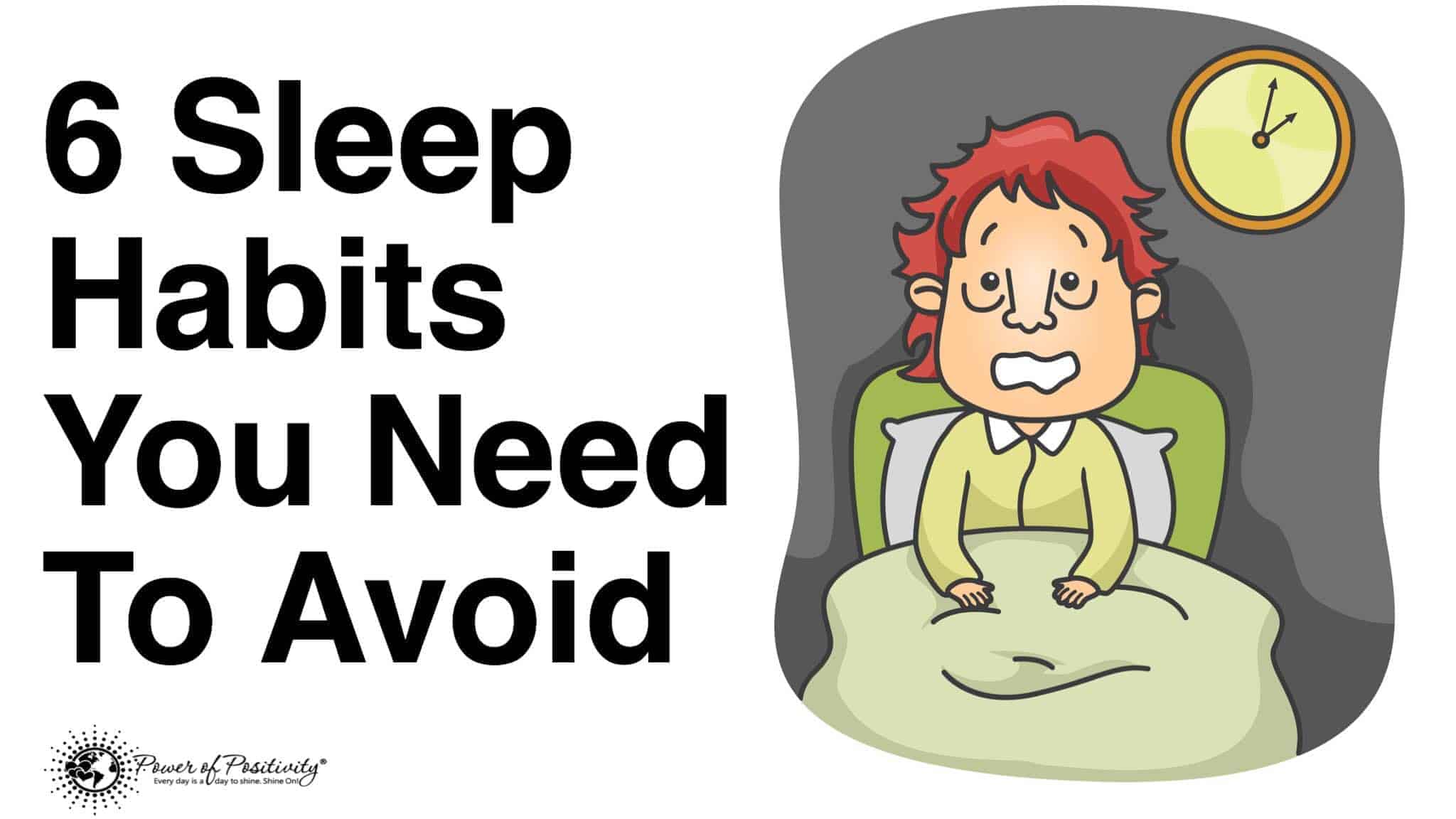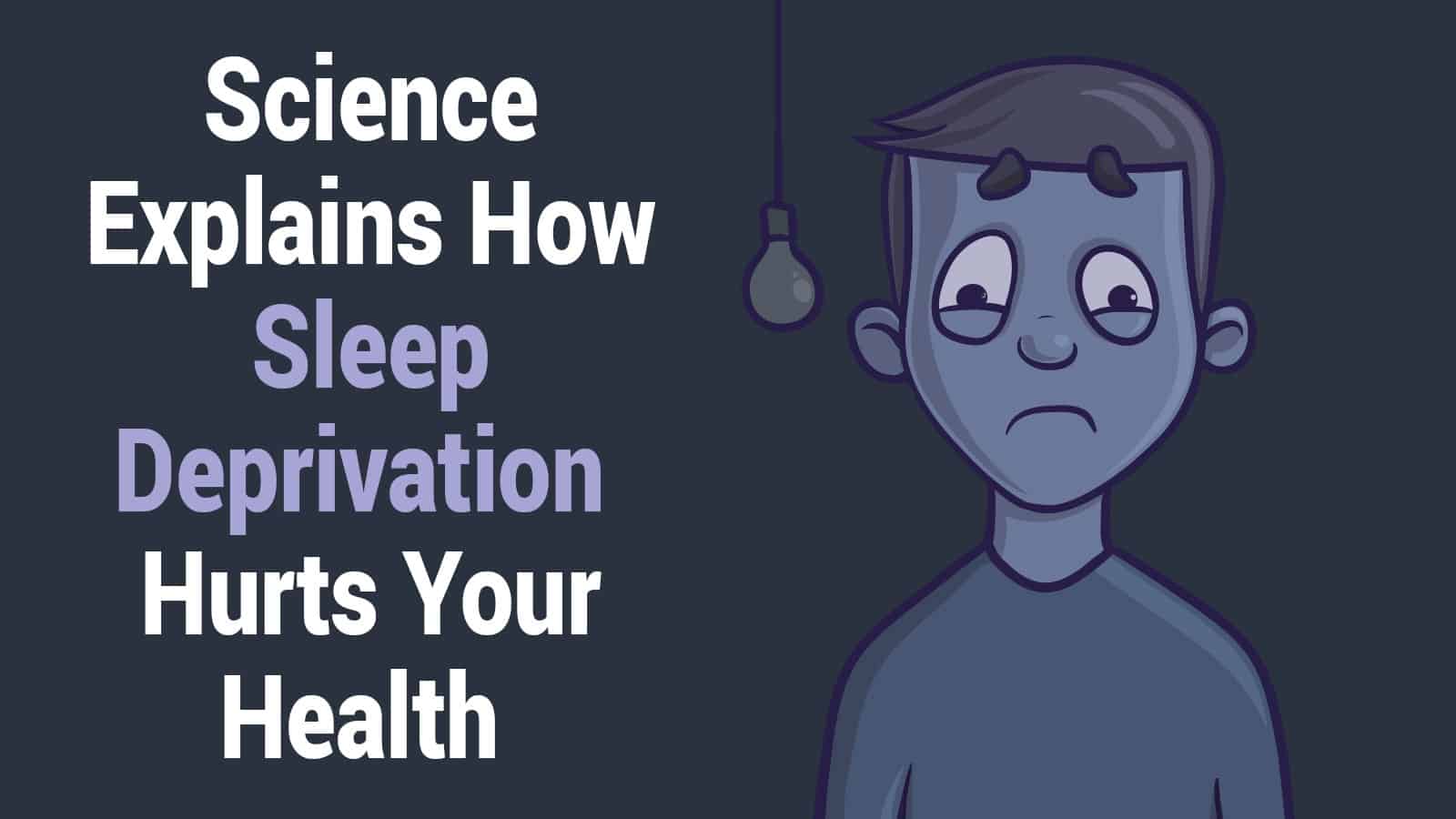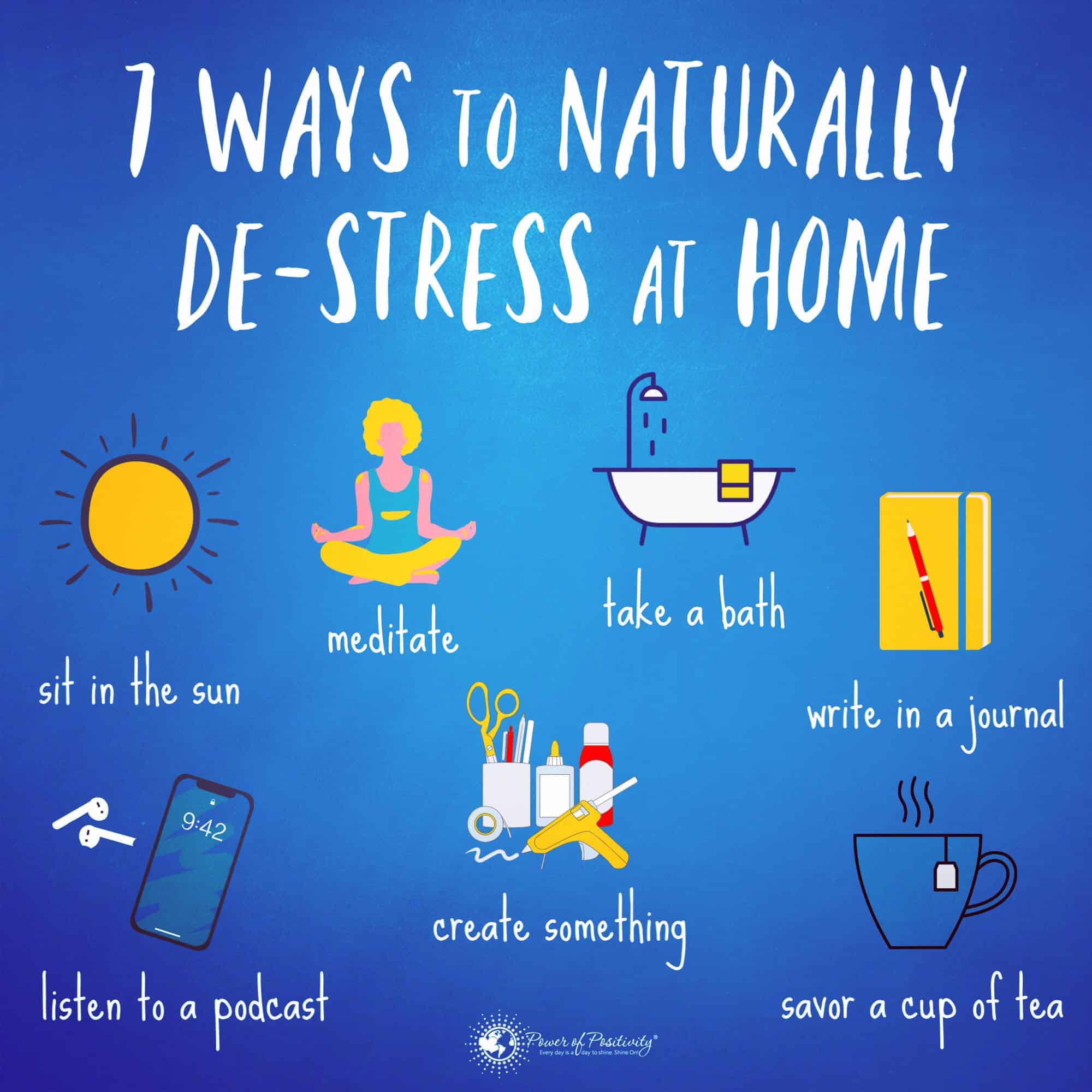Getting enough sleep is vital for our health and well-being. Unfortunately, many of us don’t – 35% of the population state that they don’t get a minimum of 7 hours of sleep a night. Consequently, inadequate sleep is quickly becoming a public health epidemic. The Center for Disease Control calls the widespread lack of sleep in our world an epidemic, and for a good reason.
According to the National Sleep Foundation, about 40 percent of adults have insomnia. Of course, the rising number of people who have insomnia doesn’t come as a surprise when you think about how our society runs today – many of us rush around daily with stress heavy on our minds and hearts. Not to mention, plenty of us have adopted poor sleep habits due to our fast-paced world.
To get adequate sleep, making sure you have proper “sleep hygiene” can make a difference if you regularly suffer from sleep problems.
Here are six sleep habits you need to avoid:
Let’s look at some everyday sleep habits that can contribute to poor sleep below.
1. Using electronics before bedtime.
Countless studies have shown that the bright lights emitted from phones and computers can delay sleep for hours past your bedtime. The bright blue lights from tablets, phones, and computers tell our brains that we need to stay awake, not go to sleep. Think about it: the sun would tell our bodies to wake up and get our day started in nature. So, with all these artificial lights today, we stay awake longer and longer because our brains don’t know the difference between natural and unnatural light. However, you can make things easier by turning off electronics a few hours before bed and keeping them off during the night so they don’t awaken you with notifications.
2. Drinking caffeine too late in the day.
Caffeine sends a jolt of energy through our bodies that help us to stay awake and feel refreshed. Drinking a few cups in the morning to help us get our day started won’t do much harm; however, downing a cup or two close to bedtime will keep you awake well into the night. If you do drink caffeine, avoid drinking it five or six hours before bed, as it will stay in the bloodstream for hours after consumption, forcing sleep to evade you once again.
3. Overthinking before bed.
Another bad sleep habit is allowing our minds to run wild as we’re trying to wind down for bed. We have a sleep-deprived world, mainly because we don’t know how to shut off our brains. Before bed, try doing something relaxing that will tell your brain to slow down for the day, such as meditating, doing yoga, taking a hot bath, or doing deep breathing exercises. These relaxation routines can slow your mind down and get you ready to hit the sack.
4. Worrying about losing sleep.
This can truly become a self-fulfilling prophecy because when we lose sleep, we tend to fear it happening again and again. So, guess what happens? Since we begin to obsess over our lack of sleep, our minds create this scenario repeatedly without us even doing much to make it happen. Remember, your thoughts have immense power, so instead of focusing your attention on what you don’t want to happen, try to turn your awareness toward what you want to occur. However, don’t obsess too much about getting to sleep, either, because it will seem like a chore to fall asleep at night.
Ease your way into it, and do whatever feels most relaxing to you before bed.
5. Not exercising or working out later in the day.
Exercise releases endorphins that promote relaxation and overall well-being, and many studies have found a link between a good night’s sleep and physical activity. Our bodies should move, so if you live a sedentary lifestyle, all that energy is just sitting in your body, unable to be released. Could it be that so many people have sleep problems because they have pent-up energy in their bodies? Possibly so. If you have trouble getting to sleep, it might be as simple as going for a 30-minute brisk walk a few times a week to get your beauty rest.
However, remember to work out at least four or five hours before bed. The rush of energy you get from working out might keep you up if you exercise too close to bedtime.
6. Having an irregular sleep schedule.
Finally, our bodies perform tasks during set hours of the day. We would wake with the sun out in nature and fall asleep just after it set each night. Therefore, not going to bed at the same time each night and waking up at different hours each day can cause your body to become confused and exhausted. Going to bed late all week and waking up early for work doesn’t mean you should sleep in until 2 PM on Saturday to make up for it. Try to keep a consistent schedule to feel rested and rejuvenated each day.
6 Sleep Hygiene Hacks to Get Better Slumber
Just as you should avoid certain activities before bedtime, you also should practice good sleep hygiene. This includes staying off electronics at night, sticking to a sleep schedule, and winding down before bed. Also, it’s important to release any pent-up feelings through journaling or other self-expressive methods, so your thoughts don’t keep you up at night.
Finally, you should keep the room cool and comfortable, and keep the lights dim when the sun sets. We’ll go over these sleep hygiene tips in detail below.
1. Turn off electronics a couple of hours before bed.
Countless studies warn that using technology such as smartphones or tablets at night can disrupt sleep. It takes longer to fall asleep. It also reduces your sleep quality and increases daytime sleepiness. Frequent, prolonged use of technology before bed could even result in certain sleep disorders and cancers.
Technology can affect your sleep in the following ways:
- Disrupting Circadian Rhythm: Studies have found that using technology before bed suppresses melatonin production, the hormone that promotes sleepiness. This occurs because the blue lights from phones and tablets trick your body into thinking it’s daytime. Therefore, it causes you to stay up later than you probably intended and makes it harder to fall asleep.
- Overstimulating the Brain: Activities like scrolling on social media before bed make the brain too alert and stimulated. All of that information kicks the brain into overdrive, the opposite of what you want at nighttime. In addition, playing action-packed or aggressive video games increases the heart rate and puts sleep on the back burner.
- Cutting into Sleep: If you’re playing a video game or talking to someone online, you’re probably not thinking about sleep. Combined with blue light and overstimulation, reduced sleep time from technology use can lead to sleep deprivation. So, make sure to turn off electronics a couple of hours before bed so your brain can begin winding down.
2. Stick to a sleep schedule.
Our minds and bodies love routine, especially when it comes to sleep. Many people like to use the weekends to catch up on their beauty rest, which can worsen insomnia and other sleep disorders.
Erratic sleep schedules increase the risk of mental illnesses since sleep and mood are highly interdependent. In addition, an inconsistent sleep routine could lead to metabolic syndrome, which could raise your risk of heart disease.
According to the study, a person’s metabolic syndrome risk increased by 27% with each hour of varied sleep duration over time. It also increased by 23% with every one-hour increase in bedtime variability.
So, make sure you have a regular bedtime and wake up at the same time each morning. It will improve your sleep in addition to other important markers of health.
3. Make time to wind down before bed.
After a long, hard day at work or school, your brain won’t just shut off when you get into bed. You should have a bedtime routine that includes relaxation techniques like yoga, meditation, or deep breathing. You could also listen to calming music, color in adult coloring books, or take a warm, soothing bath.
Once you come home from work, leave your day at the door and focus on self-care. Make your home a sanctuary where nothing from the outside world can taint the energy. Then, you’ll associate home with relaxation, making it easier to wind down at night before bed.
4. Journal or release any negative emotions/worries somehow.
How many times have your thoughts made you restless and agitated at night? Some nights, it seems like our brains won’t shut off no matter how hard we try. To remedy this, try journaling or other types of self-expression at bedtime.
If you can get your thoughts on paper, it helps release pent-up emotions and energy from your mind. Plus, getting out your most private thoughts allows you to process stressful or traumatic events in your life.
Many studies have found a link between journaling and reduced depressive symptoms. In fact, a 2006 study discovered that writing in a journal matches the effectiveness of therapy in reducing depression in young adults. Since many people with depression have insomnia, simultaneously journaling at bedtime could alleviate both conditions.
If you’re prone to anxiety, writing out a to-do list the night before could help you fall asleep 37% faster, according to a 2018 study. It only takes five minutes, but this simple practice makes the extra beauty sleep well worth it.
5. Keep your bedroom comfortable.
If you’re too hot at night, you won’t feel relaxed enough to fall asleep. Of course, you don’t want the room feeling like an igloo either; most experts agree that a temperature between 60-67 degrees Fahrenheit is ideal for adults. Turning down the thermostat at night helps your body regulate its temperature and allows for the release of melatonin.
Also, make sure your comforter and sheets aren’t too heavy or thick, as this can make you toss and turn at night.
6. Dim the lights at nighttime.
Just as you shouldn’t use your smartphone or tablet at night, you shouldn’t leave too many bright lights on around the house. Any lights dampen melatonin production, making it harder to fall asleep at night. Ideally, you should only keep a very dim light on in your room as you get ready for bed.
Final Thoughts on Changing Your Sleep Habits
Having good sleep hygiene can make a difference between a restless and sound night’s sleep. Avoiding overly stimulating activities such as electronic use, exercise, or drinking caffeine will improve your sleep quality. In addition, allowing your brain to wind down and maintaining a regular sleep schedule promote restful sleep. Also, keeping the room at a comfortable temperature and dimming the lights at night will do wonders for your beauty rest.
Hopefully, these tips will help you fall asleep faster at night and wake up feeling more refreshed!





















